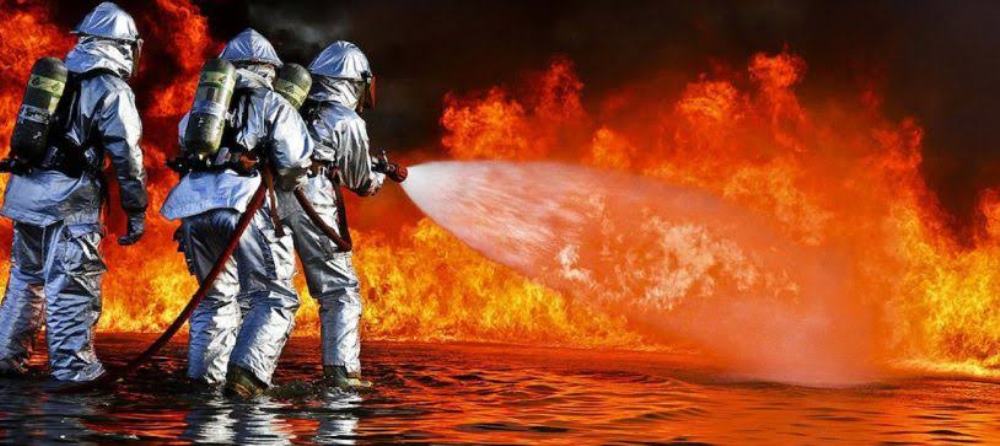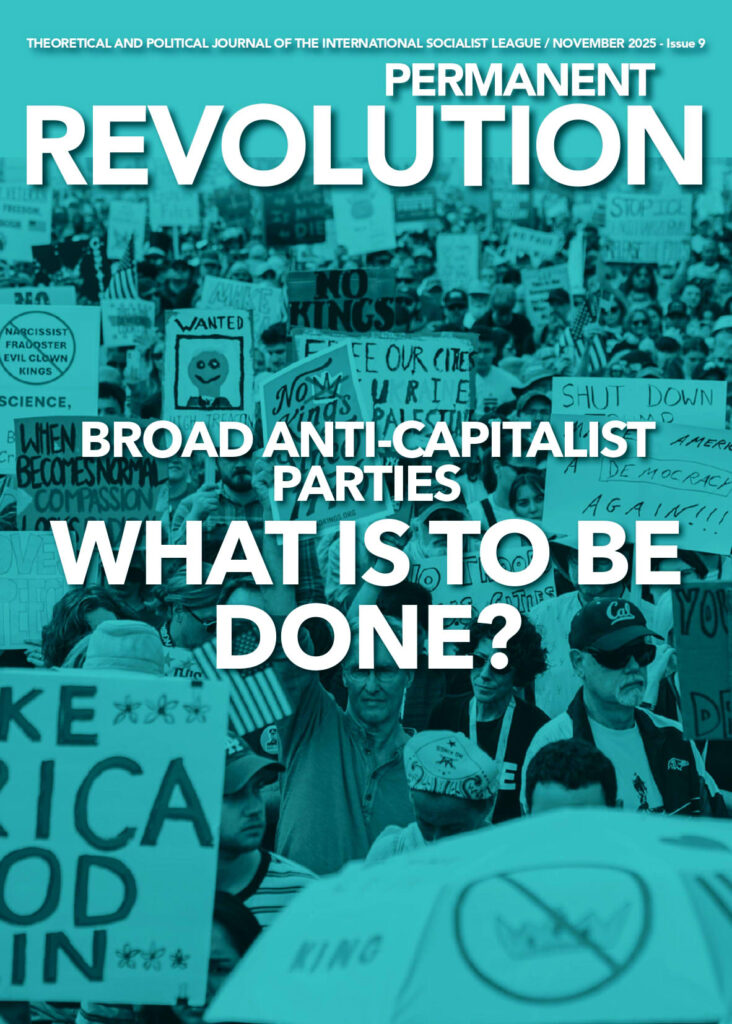Every economic crisis is an elimination process for the capital. Some companies go bankrupt while the others proceed on their ways further by incorporating the bankrupt one’s savings almost free.
Even though liberalism asserts the contrary, it is not the invisible hand of the free market what determines who will go bankrupt and who will survive. In other words, it may not be the determinant of your survival from the crises whether you make rational investments, act in accordance with the demand, build a steady company structure or not.
After the 2008 crisis, we faced with the notion of “too big to fail” that is a phrase used to describe companies and states that’s so entwined in the global economy that its failure would be catastrophic. This phrase is widely used to legitimize the politics to save the companies in crisis. For example, Lehman Brothers for the USA, Deutsche Bank for Germany and Italy for the EU are “too big to fail”. The states makes all benefits available for the big companies in crisis, but when it is the workers’ rights “the government should withdraw from the economy” Didn’t the central banks of the Western countries pump cheap money so that the capitalists drive their profitability? In a crisis, the elimination of the weak market agents and liquidation of the bankrupt pave the way out from the crises. This process, which was restrained worldwide after 2008, served to sustain crisis dynamics extending over time by revealing zombie companies and increasing the debt stock. That’s also the AKP’s policy today!
In capitalism, the governments always works for the bosses. From the social democrats to the extreme right, all the capitalist governments lies on this principle. 17-years-long, AKP regime is an obvious example of that. AKP achieved this with a strict program with two methods. Firstly it expanded the capital by direct intervention with large privatizations (such as privatization of Tüpraş (Turkish Petroleum Refineries Corporation)which is Turkey’s largest industrial enterprise), expanding the capital by commodification of health care and education services. Secondly, it reconstructed the labor-capital relations in favor of the capital by increasing the retirement age, decreasing the minimum wage, banning the right to strike,
After 2016, the government has taken saving bankrupt companies as a mission by laying the burden on National Treasury, more precisely, on the people! In order to postpone the crisis, the process started with making discounts of Special Consumption Tax (SCT) and Value Added Tax (VAT) to keep the economy alive besides some other pro-capital implementations such as payment of the worker’s wages and insurances for more employment by the government. Now, this policy came to a point where they buy companies, which are at the line of bankruptcy. Capital incentives, tax breaks, encouragement of consumer spending by low interest rate of the public banks and public authority are some of the tools that AKP government have been using intensely in last years. Despite these favors, some companies, which enriched with tenders, are in huge debts. Now, AKP is saving the pro-government companies by using public budget. There are thousands of ways of rescue; restructuring of debts, buying the failed projects, furthermore, discharging the depts. and becoming company partner.
The primary companies that government rescue are construction and energy companies. The big energy companies had already gone into debt restructuring in 2018. Now we have a larger list with greater dept.
In addition, the result is on one hand the increasing public deficit due to debts burdened on public banks, on the other hand private banks shrink the credit when they are enforced for credit restructuring.
For the construction companies, it was not enough to bring the interest rates under inflation. The proponents are brought back to life by buying their failed projects.
In August, with the Presidency Enactment legalized the national treasury to be a partner of domestic and foreign companies”. The next step was to pump money from Turkey Wealth Fund (1 billion 670 million liras) into some pro-government construction companies. Remaining of 1 billion euros, borrowed by the Wealth Fund in mid-2019, is left aside for the new company rescues.
Five of the world’s top 10 private sponsors of public infrastructure projects are Turkish companies, figures in the World Bank’s 2018 Private Participation in Infrastructure Database show. It is not difficult to guess which one they are. Four pro-government companies Limak Holding, Cengiz Holding, Kolin, Kalyon and MNG Holding are the Turkish companies crowding the top 10. These companies enjoys the guaranteed income from during their tender period. These four companies, which are holding 150 billion dollar revenues in their hands, are also enjoying the new restructuring.
Moreover, they purchased share and paid off debts of some companies. Most recently, Simit Dünyası (a pastery giant), owned by Erdoğan’s lawyer’s partner, was about to be saved by Ziraat Bank; thanks to the public reaction, they backed away with Erdoğan’s sign. Nowadays, the same matter is on the agenda for Dünya Göz (private eye hospital) whose 200 million dollars debt has already been restructured.
From the very beginning, Turkish capital has developed by the help of state and the close relationships between the top of the state and the capitalists. Since 2002, it has been the time for pro-AKP capital. Now, AKP shows that it will not only give all the public means under the service of their interests but also it will take more steps to rescue them when the crisis hit these companies.
AKP will not stop looting the public sources to save the capital until the people say enough!




